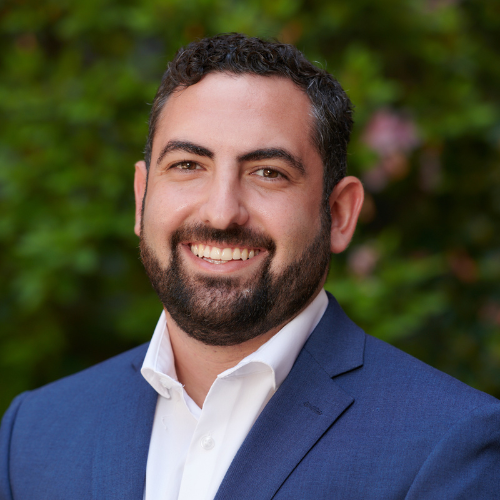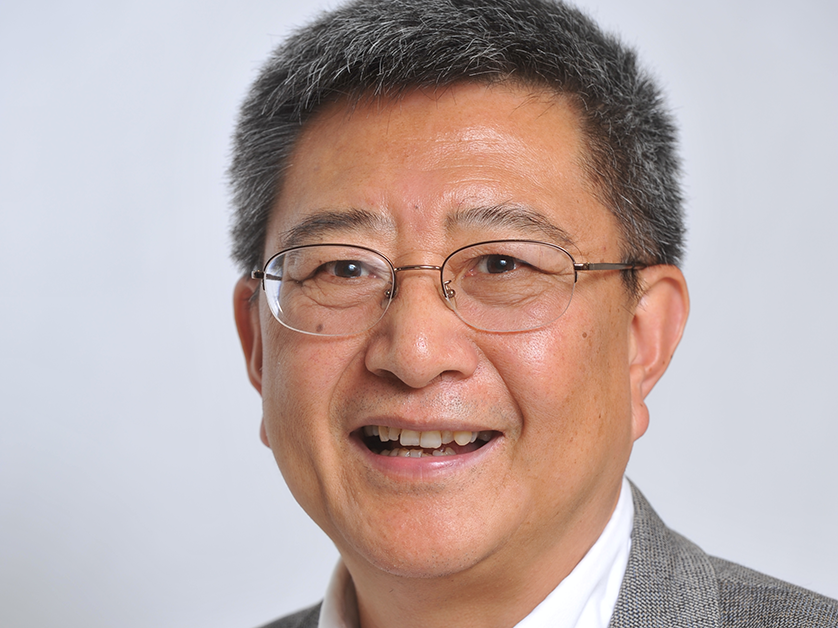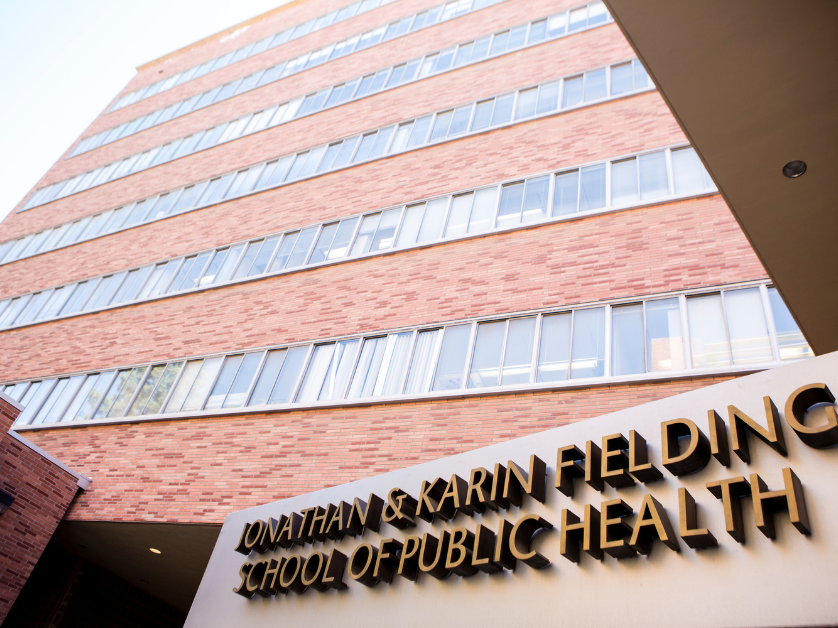Department of
Epidemiology

With vast and far-reaching expertise, along with its location within a leading university in a world-class city, the UCLA Fielding School of Public Health is an ideal site for the research, teaching, and practice of epidemiology. Students and faculty benefit from access to and interactions with accomplished colleagues not only in the department, but throughout UCLA Fielding and the UCLA Health system, as well as across UCLA’s campus. Los Angeles, as one of the world’s most diverse metropolitan areas, presents unparalleled opportunities both for studying and addressing epidemiologic issues, as well as for collaborating with community-based organizations, government agencies, policymakers, and others.
Epidemiologists get to the root of health-related problems. Through specialized methodologies, epidemiologists identify, track, and analyze how diseases and other conditions are caused, transmitted, and prevented, as well as how they are distributed throughout the population. Such information plays a critical role in guiding policies and other evidence-based strategies to promote health and work toward health equity. The vital importance of epidemiologic research was highlighted by the COVID-19 pandemic, in which epidemiologists have helped to track outbreaks and provide guidance on how the virus spreads in community settings. UCLA Fielding School faculty emerged as leaders early in the pandemic in communicating these findings to the public. Epidemiology faculty have also put a spotlight on the populations most affected by COVID-19 — populations that tend to include society’s most marginalized and vulnerable members. And, as the risk continues to rise in a world with more frequent travel, denser living conditions, increased human contact with wildlife, and the disruptive effects of climate change, UCLA Fielding faculty, students, and graduates are contributing to efforts to prevent the next pandemic — from helping to build infrastructure and capacity to training research and policy leaders in the U.S. and globally.
As a core public health discipline, epidemiology requires wide-ranging skills and knowledge. Successful epidemiologists have a solid foundation in quantitative methods, as well as an understanding of human physiology and disease transmission. They also must take into account the social determinants of health — how the conditions in which people are born, live, work, and play influence their disease risk. Given the breadth of issues to be considered, epidemiologists rarely work alone: While playing a central role in designing studies and analyzing data on the distribution and determinants of health and disease, epidemiologists partner with experts in other fields, depending on the topic. The emphasis on “team science” allows UCLA Fielding faculty and students to take full advantage of the expertise on the UCLA campus and within its health system. These opportunities are greatly enhanced by the department’s close relationship with the Los Angeles County Department of Public Health, where leading practitioners also serve as adjunct UCLA Fielding faculty, and where students conduct field studies and network with staff — many of whom are graduates of the school. But the opportunities at UCLA Fielding transcend its location. The department’s strong international presence opens doors to training and research experiences across the globe. Students from many parts of the world come to UCLA Fielding for training, enriching the experience for all.

Epidemiology at FSPH provided a strong foundation in causal inference and a framework to examine health at a policy, social, and behavioral level. Moreover, FSPH and its environment ensured a space to grow as a leader and advocate in public health.
The department is home to the UCLA site for the ongoing Multicenter AIDS Cohort Study/Women’s Interagency HIV Study Combined Cohort Study — research, dating to the earliest days of the epidemic, that has produced landmark findings on the natural history of AIDS. Faculty actively collaborate with colleagues in multiple countries in Asia, Africa, Europe, and South America to define public health needs and build capabilities to prevent, detect, and control infectious disease outbreaks. The department’s faculty includes national and international leaders in many research domains, including epidemiologic methods, HIV/AIDS, Alzheimer’s disease and related dementias, cardio-metabolic diseases, cancer, and behavioral epidemiology. While continuing its longstanding focus on infectious diseases, environmental exposures, and non-communicable conditions, the department increasingly studies issues such as the epidemiology of natural and intentional disasters, and the role of the human gut microbiome in disease risk. Researchers in the department also examine how structural factors influence health and health disparities throughout the life course.


